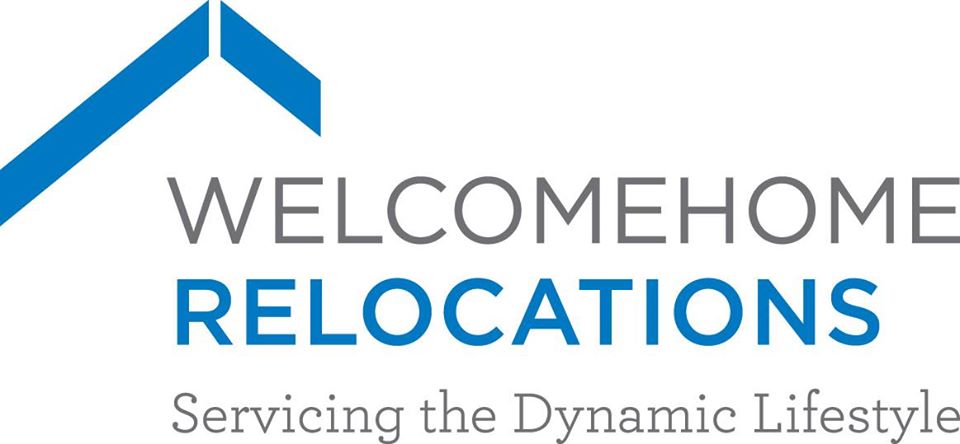
More and more workers are finding profitable and exciting work relocation opportunities internationally. The process of moving abroad for work can be both exciting and scary. There are so many thoughts that rush through one’s head before departing: what should be packed, how hard it will be to leave behind family and friends, will I face language barriers?
Planning
The key to any successful overseas work relocation is planning. Many find it useful to keep a checklist in advance of departure, this allows you the ability to quickly understand and navigate every challenge ahead of you.
Positivity
It’s amazing how much a positive attitude can help with removing stress, it’s important to stay positive, even when things are not going right. Remember, this is a huge moment in your life, enjoy the preparation and take everything in.
Documentation
It’s important to ensure all of your documentation is current and in check. Make sure your passport is valid for at least one month after your next visit home. Many countries will require you to have a valid work visa, work with your employer to ensure all work visa applications are properly completed and sent. A set back with your documentation can put the brakes on your overseas travel plans before they even begin. Although not required, it may be worth making copies of your diplomas, certifications, health records and other documents. Also, a photocopy of your passport and an extra passport photo can help a lot in the case it was lost or stolen while abroad.
Protect Yourself
Research and buy insurance. It’s important to protect yourself in your new country and most countries have very different healthcare systems than we do here in Canada. Speak with your employer and determine what’s covered and what’s not and plan accordingly. Be sure to have your insurance information with you as your travel.
Money
Determine how much money you’ll need to bring and ensure you have valid forms of payments. Many expats will utilize either traveler’s cheques or credit cards. Both options should work, be sure to contact your credit card company before departure and alert them of your travel plans. Also, speak to your bank and verify you have access to your accounts overseas and make sure your regular payments are paid automatically. Online banking can be a life-saver when living abroad.
Talk the talk
It might be worth seeing if your local college or university offers night classes on your new destination’s native language. There are some really great mobile apps on the market that can aid in translation and of course there will be translation books at your local bookstore.
Only pack the essentials
When packing it’s important to determine what’s essential to pack and what can stay behind. A storage locker might be a good investment. Give away things you don’t need to friends, family or charity. Many people find the process of liquidating unneeded possessions to be freeing. There are many international moving companies that will move your items for you, it’s important to do your research and find a reputable company.
Overall, moving overseas can be a mix between exciting and nerve-wracking. With the right planning and lots of checklists, your move can run smooth. At Welcomehome Relocations, we help people navigate their employment relocation. We help people move both nationally and overseas. Our connections with various international organizations allow us the ability to quickly connect you to the right resources; saving you time, money and stress. Moving overseas and have questions? Contact us to speak with one of our experienced relocation professionals.
Preparing To Relocate Overseas contact us at www.whrelocations.com
A Reflection of Global Mobility in 2024
As the year comes to a close, let’s take a look at the key trends that influenced global mobility and employee relocation in 2024, and



